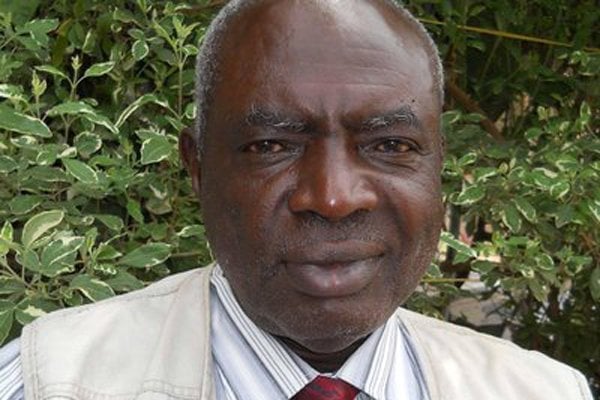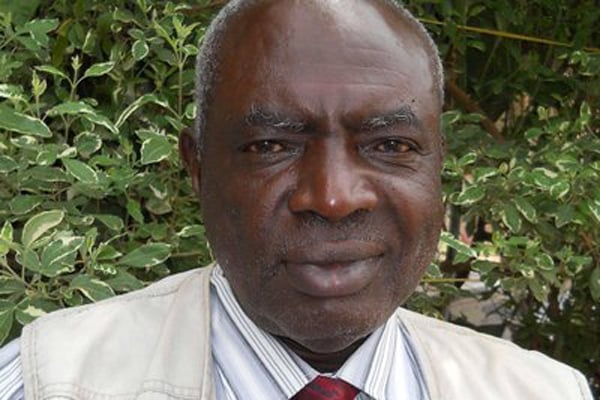Prime
Why agro-ecology

Michael Ssali
What you need to know:
- A smallholder farmer works on a small plot of land and he does not need to use heavy machines
Last week representatives of Slow Food communities from across Uganda spent three days in Mbale exchanging ideas and sharing notes about food production, biodiversity preservation, climate change mitigation, sustainable agricultural practices, and issues linked to food.
Slow Food, headquartered in Bra, in the Northern region of Piedmont, Italy, is an international network of local communities composed of food producers, fishers, breeders, cooks, agriculturists, and academicians that share a common objective of promoting the production of good, clean, and fair food. The Mbale meeting described as: “Agro-ecology Learning Exchange” was graced with the personal presence of the Slow Food International President, Eddie Mukiibi. In his opening remarks Mukiibi disclosed that 80% of the food we eat is produced by smallholder farmers and that they bear the responsibility to ensure that the food they produce is good, fair and clean by sustaining good farming practices that defend bio-diversity and the natural environment.
A smallholder farmer works on a small plot of land and he does not need to use heavy machines or to spray weeds with herbicides. Simple tools such as a hand hoe, a spade, and a panga or slushier are perhaps enough for him to grow crops. He can protect the soil from erosion and degradation by applying locally resourced fertilizer such as livestock manure, compost, and mulching. It is difficult for a farmer who sprays herbicides to spare traditional vegetables and medicinal plants growing together with weeds in a garden. But a farmer using his bare hands or a hand hoe can remove weeds and support the growth of the plants he needs.
Similarly it is not easy for a farmer spraying pesticides to spare traditional edible insects such as ants, grasshoppers, crickets, and pollinators such as bees. Some of our traditional African food crops, edible insects, livestock, and delicacies have been ignored by modern scientific research.
It is the African smallholder farmer, using simple tools and native knowledge, that has the capacity to safeguard our indigenous different crops and livestock as handed down to us by our great grandparents who have taught us how to cook them and to prepare them for our eating.
Industrial agriculture, as Mukiibi has pointed out, uses an obscene amount of water (70 percent) spraying weeds and pests with chemicals in mono-crop plantations, destroying biodiversity, and polluting the environment, without any regard for food sovereignty.
Mr Michael Ssali is a veteran journalist,




